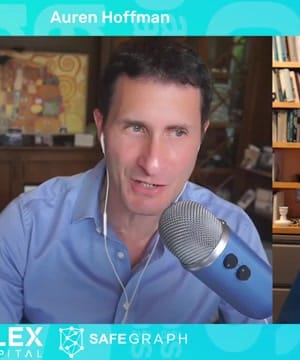Should we trust our own advice?
Sources:
The question of whether to trust our own advice is deeply nuanced and several perspectives highlight the complexity of this issue.
Gary Marcus critiques the idea of trusting your instincts outright. He warns about biases like confirmation bias and motivated reasoning, which can cloud judgment and reinforce existing beliefs without considering alternative perspectives. Marcus suggests that while instincts can be valuable, they need to be calibrated and checked against different perspectives to avoid falling in love with one's own ideas unnecessarily 1.
Alex Hormozi adds another layer by discussing the concept of seeking advice from one's future self. He believes that often the best advice comes from envisioning a wiser, future version of oneself. This method allows for a perspective rooted in self-improvement and personal growth, which can be more unbiased and insightful than relying solely on current instincts or external opinions 2.
Conversely, Chloe Brotheridge and Kirsty Gallagher highlight the importance of discerning whose advice to follow, suggesting that not all advice is created equal. Gallagher emphasizes relying on internal intuition rather than external validation, noting that many times, individuals already know what they should do and seek external advice primarily for validation 3.
Finally, Steven Pinker brings a critical viewpoint on trusting one's gut. He argues that gut reactions are often influenced by self-serving biases and fallacies that were beneficial for survival in ancestral environments but may not be suited to achieving happiness or well-being in modern contexts. Pinker emphasizes the need for more rational, data-driven decision-making processes, particularly when there is sufficient time to deliberate 4.
In summary, while there is value in listening to oneself, it is crucial to balance instincts with rational analysis and consider advice from multiple perspectives to make well-rounded decisions.
RELATED QUESTIONS

